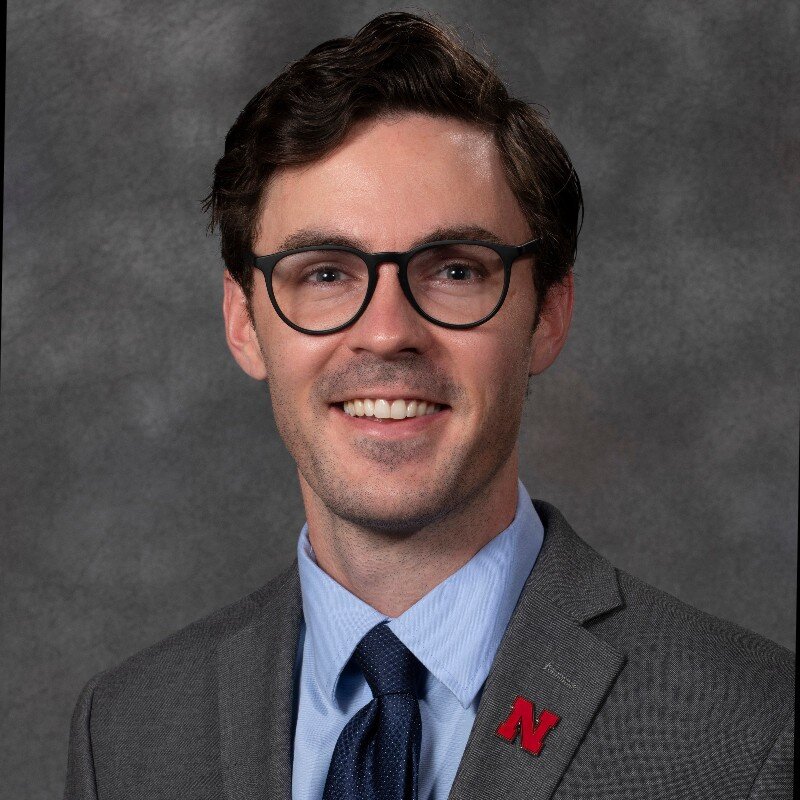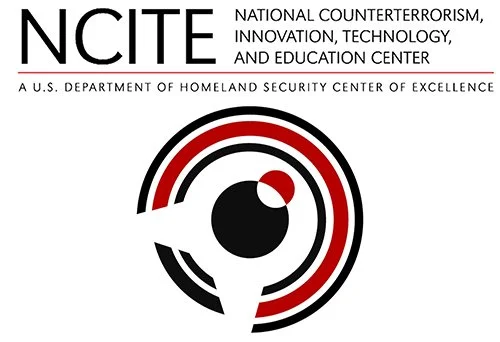My Current Research Focus…
Influence / Sensemaking
Why are some people seemingly able to bend and shape the opinions of others? How do leaders emerge from a population, and why and how do they stay in power? What are the consequences of misused influence and how do these dynamics influence our personal and work lives? Whether it is business, politics, global health, or digital organization, the choices and strategies associated with making sense of the world have the capacity to shape policy and real-world outcomes.These are the kinds of questions I try to answer, primarily through research on leader-follower dynamics.
Values and Trauma
A person’s values can be a major driver of what work they do and why. But can they also be a source of personal harm? What happens when the important reasons for doing work suddenly become threatened by the work that you do? This under-explored area of occupational health research connects leadership, ethics, identity, and trauma literatures to answer important questions about how we experience seeing ourselves reflected in the workplace.
Ideological Orgs.
Research in applied psychology and organizational science has created a robust understanding of how organizations are formed and how they work. However, most of that research thinks about firms motivated by standard objectives such as profit or production. What if an organization is motivated by an ideology? How does an applied psychology lens contribute to work on extremism, terrorism, and otherwise ideologically motivated organizational structures? This emerging area of research is a third major pillar of my scholarly agenda.




